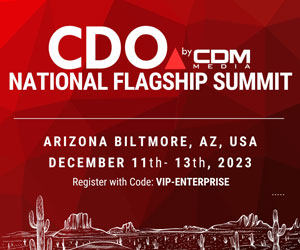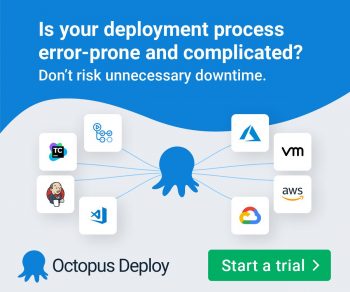There are few main operational areas in every manufacturing company, with ERP being one of the prime focal points. Broken down, manufacturers use ERP for a variety of projects, such as inventory management, order management, operations, and more recently, product management.
Keeping up with technology, being flexible, choosing the right partners, and incorporating product management are important factors manufacturers can use to help build out and execute an effective ERP program.
When ERP Fits
Traditionally, ERP has been used by bigger companies with more complex designs, team members, and partners who come together to build products. This is where ERP has shown its value in a meaningful way.
As an example, if you’re a company that has a small team with an outsourced manufacturing plant and your product is not very complex, ERP might be an overkill. It could be that you may need a simple accounting software or CAD system. Your folders, PowerPoints, and spreadsheets will do the job.
But very soon, once you grow in teams, you must work with many different partners globally. When a new product is being planned to come to market, you must plan the warehouse, changes in the factory and design, and strategize shipping and distribution channels. These factors must integrate perfectly, increasing the need for systems to talk to each other as collaboration becomes more critical. Since you can’t expect hundreds of people to always be on the phone and constantly exchange spreadsheets with each other, ERP becomes a necessary component to integrate these multiple functions together to efficiently produce. Some companies stick with one ERP to do everything, but some choose ERP’s more strategically for each area of their organization.
On a larger scale, consider bringing in consultants to aid in implementation and configuration. Once implemented, evaluate, and monitor the ERP frequently and make sure it is meeting your needs constantly.
Implementing ERP Right
A lot of organizations incorporate ERP but fail in reaching their main objectives because they are not looking at ERP as a long-term process. Companies are resistant to internal processes changes, and they just want a tool to come in and do what they currently do, but maybe faster or more efficiently.
When implementing ERP successfully, two phases are critical.
Preventing a generic ERP strategy will help organizations better keep up with new trends, technology, and ways of working. It’s important to find an ERP vendor that can adapt to your organization’s needs and meet your team in the middle to set the stage on the right foundation for that ERP to continuously evolve and reap the benefits of this evolution. In other words, work with your vendor when it comes to customization by showing the willingness to change your organization’s processes to attain efficiency. Figure out the area within your organization where you need the most emphasis and be flexible. ERPs are always becoming more sophisticated so when taking on a strategy, accept that you must be ready for adaptation and change.
Executive support is another key factor in successful ERP integration. If some members of the C-Suite are not aligned on strategy, they may not be fully supportive of this massive operation. It sometimes takes months or years to see the rewards of this advanced planning program. Continuous support and consistency across the board should be top of mind for an effective ERP strategy to take root.
ERP Can Help Product Management Thrive
When it comes to product management, you can look at ERP as a wider spectrum as it brings people together, connecting an entire organization by providing one source of communication.
To ensure continuity across product, the market, and within the organization, CIOs who are implementing systems for their companies must look at product management as an integral part of the organization. Instead of a function that belongs to a small group, product management decisions impact the entire operation. ERP systems that connect the product management platforms help organizations see a fuller picture and perform better overall.
The true purpose of ERP is to connect different departments and functions across an organization. ERP functions to drive efficiency by bringing people across all levels within an organization together resulting in a more streamlined process.
Gocious offers a Product Roadmap Management (PRM) system for durable goods manufacturers; a cloud-based SaaS solution for strategic product planning. Maziar Adl is the co-founder and CTO.

















